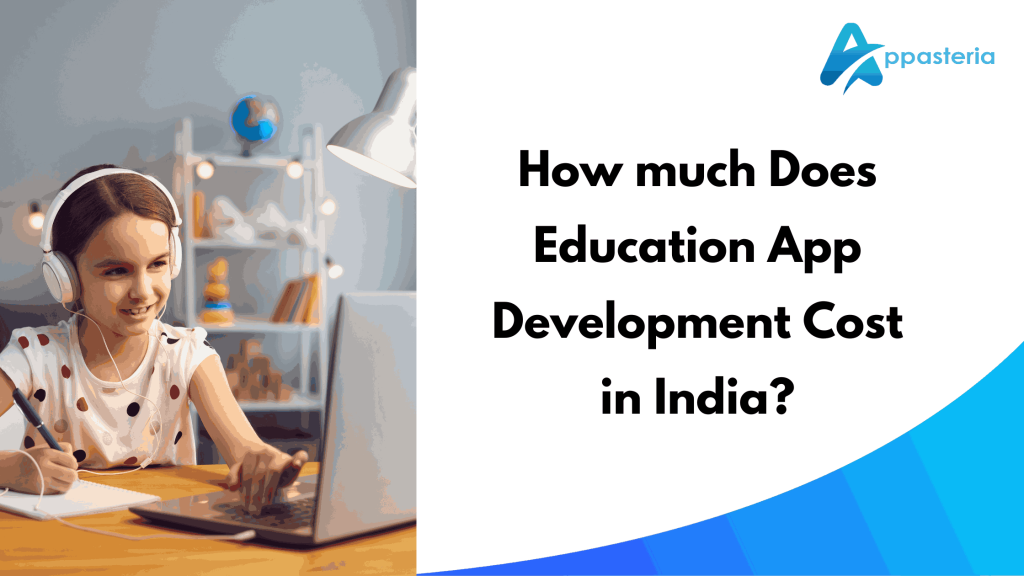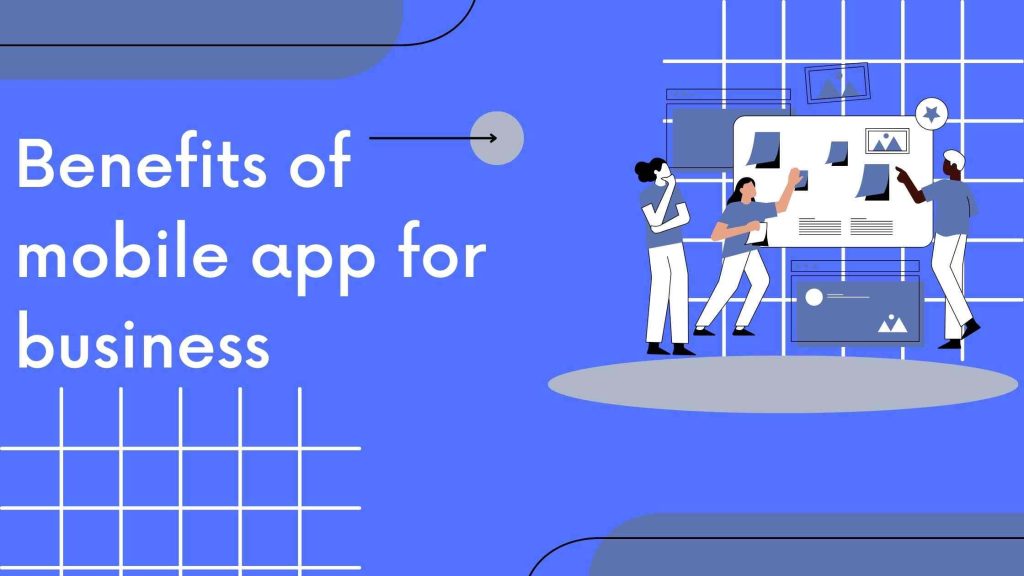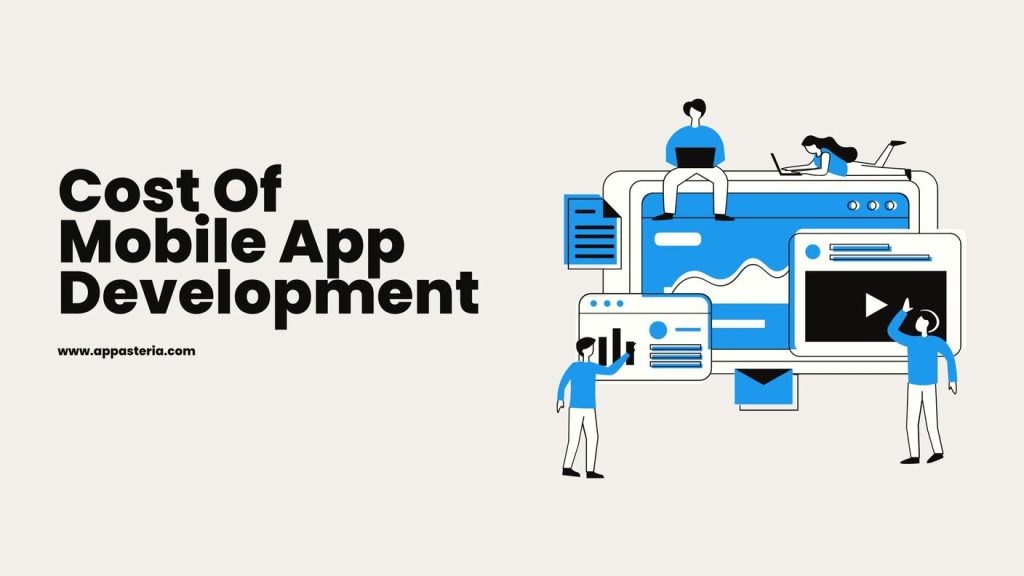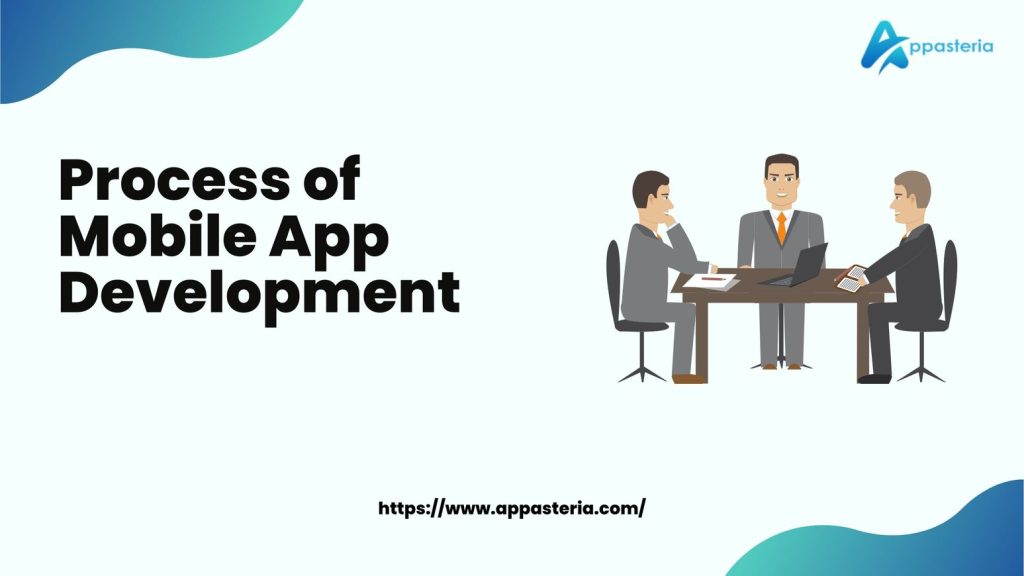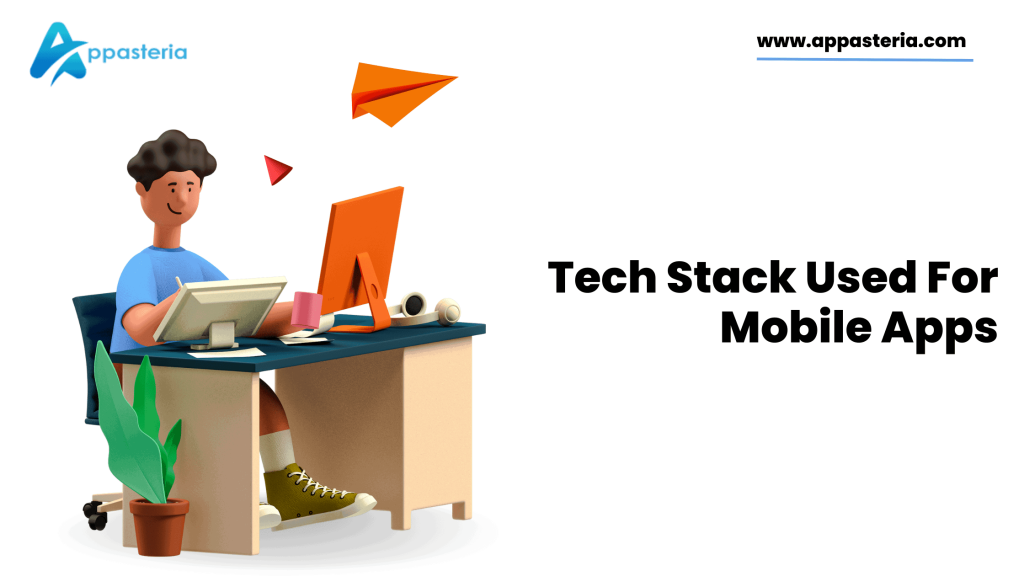The COVID-19 pandemic has led to substantial changes in traditional education. An increasing number of learners of all ages are interested in online learning. With the growing trend and demand for e-learning, educational institutions are launching learning apps to connect teachers and students virtually. These apps cater to a range of courses, and their availability highlights the potential for business development that institutions and entrepreneurs can capitalise on. So, in this situation, we must be aware of education app development cost in India. Undoubtedly, the current surge in educational app usage has made this potential more apparent. During the first quarter of 2017 to 2020, Google Play and Apple’s App Store witnessed the highest number of downloads for educational apps. Google Play reported 467 million downloads, while Apple’s App Store reported 470 million.

Find more statistics at Statista.
This guide covers various topics related to educational app development. Including different types of e-learning apps, their features, and their benefits. It also explores the multiple phases involved in the development process of e-learning apps. Additionally, we will discuss how to create an educational app and provide you with a general idea of the associated development costs. So, let’s get started.
What is an E-Learning App?
An E-learning app is a software application designed to provide educational content. And facilitate learning through digital devices such as smartphones, tablets, laptops, and desktop computers. These apps may offer a variety of features. Like interactive lessons, quizzes, video lectures, and assessments, to help users acquire knowledge and develop skills in various subject areas. E-learning apps can be used by students of all ages, from primary school to university level, as well as by professionals seeking to further their education and skill sets. These apps are becoming increasingly popular due to their convenience, accessibility, and flexibility, allowing users to discover at their own pace and on their agenda.
Types of Educational Applications?

There are several types of educational applications, including:
Language Learning Apps
It helps users learn a new language or improve their language skills through interactive lessons, games, and exercises.
Skill-based Learning Apps
Through tutorials, projects, and quizzes, it teaches users specific skills, such as coding, photography, or music production.
Test Preparation Apps
These apps are designed to help students prepare for exams, such as the SAT, GRE, or GMAT, by providing practice questions, tests, and study materials.
Subject-Specific Learning Apps
Through interactive lessons, videos, and quizzes, it teaches users specific subjects, such as math, science, or history.
Educational Games
These apps use game-based learning to make education more engaging and fun for users, helping them learn new concepts and skills through play.
Professional Development Apps
Online courses, webinars, and certifications help professionals improve their skills and knowledge.
Augmented Reality (AR) and Virtual Reality (VR) Apps
It uses AR and VR technologies to create immersive learning experiences, allowing users to explore and interact with virtual environments to learn new concepts and skills.
These are a few examples of the types of educational applications available. The possibilities are endless, and new apps are being developed daily to meet the growing demand for e-learning.
An Overview of Education App Development Cost in India.
The cost of developing an educational app in India can vary depending on factors like the app’s features, functionality, design, and complexity. The cost can range anywhere from a few thousand dollars to a hundred thousand dollars or more. Generally, the cost of developing a basic educational app in India can range from around $5,000 to $10,000. This would include user registration, course content, quizzes, and basic reporting features. However, the cost can increase significantly if the app requires advanced features such as gamification, augmented reality, virtual reality, or artificial intelligence-based functionalities. The ongoing maintenance and support of the app also add to the development cost. It’s important to note that the cost of developing an educational app in India can vary depending on the app development company and the project’s complexity. Therefore, getting a detailed quote from multiple app development companies is recommended for an accurate cost estimate.
The Cost of Development of an Educational App Depends on Several Factors, Including

App Features
The more complex the app’s features and functionality, the higher the development cost.
Platform
Developing an app for iOS and Android will increase the cost compared to developing for a single platform.
Design
A well-designed app will require a higher investment than a more straightforward one.
Development Team
The size and experience of the development team will affect the cost. More experienced developers will charge more than less experienced ones.
App Testing
Testing and quality assurance can add to the development cost.
Maintenance
Ongoing maintenance and support of the app can add to the overall cost.
Location
The development cost may vary depending on the location of the development team.
The cost of developing an educational app can vary greatly depending on these factors. It’s essential to clearly understand the app’s requirements and features before getting an accurate development cost estimate.
The Development Process of an Educational App can be Broken Down into Several Stages

Idea Generation and Conceptualisation
In this stage, you need to identify the problem that your app will solve, define the target audience, and develop a unique and compelling concept for your app.
Market Research
It is essential to conduct market research to determine if your app has a demand and to identify the competition.
Design
The design stage involves creating wireframes and mockups to visualise the app’s user interface (UI) and user experience (UX).
Development
This stage involves coding the app and implementing the design.
Testing
In this stage, you must test the app to ensure it is bug-free and functions as expected.
Launch
After complete testing, the app can be launched on the app store or other platforms.
Marketing and Promotion
In this stage, you must create a marketing and promotion plan to generate awareness and drive app downloads.
Maintenance and Updates
Once the app is launched, you must maintain and update it to fix bugs, add new features, and improve the user experience.
These stages may overlap, and the development process may vary depending on the specific needs of the app and the development team. It is essential to have a clear plan and communication throughout the development process to ensure that the app meets the desired goals and objectives.
Education Apps can Provide Many Benefits to Both Students and Educators, Including.

Access to Education from Anywhere
With education apps, students can access educational resources and materials from anywhere with an internet connection.
Flexibility and Convenience
Education apps allow learners to study at their own pace at any time convenient. This is especially helpful for individuals with busy schedules or living in remote areas.
Personalisation
Education apps can provide personalised learning experiences by adapting to each learner’s needs and progress.
Interactivity and Engagement
Education apps can use interactive and engaging features such as games, quizzes, and simulations to enhance learning and increase engagement.
Collaboration and Social Learning
Education apps can promote cooperation and social understanding by enabling learners to connect with peers and educators worldwide.
Cost-Effective
Education apps can be a cost-effective alternative to traditional educational materials, such as textbooks and other physical resources.
Analytics and Assessment
Education apps can provide educators with real-time analytics and assessment data to track learner progress and adjust teaching strategies.
Overall, education apps have the potential to make education more accessible, engaging, and effective for learners of all ages and backgrounds.
Must-Have Features in E-Learning Apps

There are several key features that an e-learning app should have to provide a practical and engaging learning experience. Some must-have features for an e-learning app include:
User-Friendly Interface
The app should have a clean, intuitive, and easy-to-navigate interface, allowing learners to access the needed content quickly.
Personalisation
The app should provide personalised learning experiences based on the learner’s preferences, interests, and learning style.
Interactive Content
The app should offer interactive content such as quizzes, games, simulations, and videos that enhance the learning experience.
Progress Tracking
The app should provide learners with tools to track their progress, such as badges, achievements, or progress bars, which can motivate them to continue learning.
Social Learning
The app should enable learners to connect with peers, instructors, or mentors to discuss course content, share ideas, and collaborate.
Accessible Across Devices
The app should be accessible across devices such as desktops, laptops, tablets, and mobile phones so learners can learn anytime and anywhere.
Gamification
The app should use gamification techniques like rewards, leaderboards, or challenges to make learning fun and engaging.
Feedback and Assessments
The app should provide learners with feedback and estimates to help them evaluate their progress and identify areas for improvement.
Multilingual Support
The app should support multiple languages to cater to learners from different countries and backgrounds.
Overall, an e-learning app should be designed to provide a flexible, personalised, and engaging learning experience that meets learners’ needs from different backgrounds and learning styles.
Also Read ( Native vs Hybrid vs Cross Platform )
The Tech Stack Required For E-Learning App Development
The technology stack required for educational app development may vary depending on the specific requirements and features of the app. However, here are some of the standard technologies and tools used in the development of educational apps:

Front-end Development
HTML, CSS, JavaScript, React, Angular, Vue.js, and other front-end frameworks are commonly used to build the user interface of educational apps.
Back-end Development
For the app’s server side, developers can use Node.js, Ruby on Rails, Django, or other back-end frameworks to handle data storage, user authentication, and other server-side tasks.
Database
Developers can use databases like MySQL, MongoDB, PostgreSQL, or Firebase to store and manage data in the app.
Cloud Computing
Cloud computing platforms like AWS, Google Cloud, or Microsoft Azure can be used to host the app and provide scalability and reliability.
APIs
APIs like Google Maps, YouTube, or OpenWeatherMap can be integrated into the app to provide additional features and functionality.
Push Notifications
Developers can use services like Firebase Cloud Messaging, OneSignal, or Pusher to send push notifications to users.
Analytics
Analytics tools like Google Analytics, Mixpanel, or Amplitude can be used to track user behaviour and improve the app’s performance.
Payment Gateway
Payment gateways like Stripe, PayPal, or Braintree can be integrated into the app to enable payment transactions for paid courses or subscriptions.
Overall, the choice of tech stack for an educational app will depend on factors like the app’s features, scalability, performance, and budget. Developers can choose the technologies and tools that best fit the app’s requirements and provide the best user experience for learners.
Also Read : ( Benefits of Mobile App for Business)
Reducing the Education App Development Cost
It is essential to ensure that the app is affordable and accessible. Here are some tips to help reduce the development cost of an educational app:
Focus on Essential Features
Prioritise the app’s basic features and avoid adding unnecessary features. This helps keep the development cost low.
Use Open-Source Technology
Open-source technologies can reduce the cost of development by providing free access to tools, libraries, and frameworks.
Use Ready-Made Solutions
Instead of building custom solutions, consider using ready-made solutions and libraries to save time and money.
Choose the Right Development Team
Choose a development team with experience in developing educational apps and can deliver high-quality work within the budget. Image 7(small image for the call to action)
Optimise App Design
A simple and intuitive design can help reduce the development cost by minimising the time and effort required for design and development.
Adopt Agile Development
Agile methodologies can help reduce development time and cost by delivering working software quickly and iterating based on feedback.
Test Early and Often
Early and frequent testing can help to identify and fix issues early in the development process, reducing the cost of repairing problems later on.
Outsource Development
Consider outsourcing development to a reliable and experienced development team in a location with lower development costs.
By following these tips, it is possible to reduce the development cost of an educational app without compromising on quality and functionality.
Also Read ( 10 Ways a Website cab Boost Your Business)
Wrapping up
In today’s era, developing educational apps for students has numerous benefits. These apps provide an intelligent approach to education, allowing students to learn at their own pace and convenience. With the right educational app, students can engage actively in learning, avoid distractions, and feel comfortable acquiring new knowledge.
We hope this guide has given you a basic understanding of the e-learning mobile app development process, bringing you closer to creating a robust educational app. If you plan to develop a similar app, our team of experts is always available to assist you. They can guide you through the entire process and make the app development journey a smoother experience for you.
FAQs:
What Factors Influence the Cost of Developing an Educational App in India?
The Education App Development Cost in India depends on several factors, such as the app’s complexity, the features and functionalities required, the development platform, the technology stack, and the development team’s experience and location.
What is the Average Cost of Developing an Education App in India?
The average cost of developing an education app in India can range from INR 5 lakhs to INR 25 lakhs or more, depending on the abovementioned factors.
How can I reduce the Cost of Developing an Educational App in India?
To reduce the cost of developing an educational app in India, you can focus on essential features, use open-source technologies, choose a reliable development team, optimise app design, adopt agile development, and test early and often.
What are Some Essential Features to Include in an Educational App?
Some essential features to include in an educational app are user registration and login, a dashboard, course and lesson management, multimedia support, progress tracking, quizzes and assessments, social media integration, and in-app messaging.
How Long Does it Take to Develop an Educational App in India?
The development time for an educational app in India can range from 2 months to 12 months or more, depending on the complexity of the app and the development approach. However, it is essential to note that rushing the development process to shorten the timeline may result in poor quality and higher costs in the long run.

